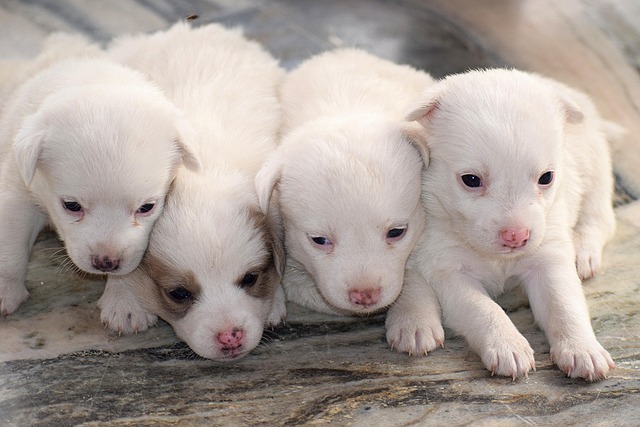
How long can a dog get vaccinated after recovering from a cold
As a dog owner, it’s heartbreaking to see your furry friend sniffling and sneezing through a cold. But once they’re on the mend, you might wonder:
Dogs bring so much joy, but that occasional "doggy smell"? Let's break down why it happens and how to tackle it. From biology to lifestyle, there are practical reasons behind those odors—and simple fixes too.
Skin glands are a big source. Dogs produce natural oils that protect their coats, but these oils trap dirt and bacteria over time. Regular brushing and moderate bathing (with dog-safe shampoo!) prevent that musky buildup, keeping their fur fresh without stripping essential oils.
Ear issues can cause strong smells, especially in floppy-eared or water-loving breeds. Moisture in ears leads to bacterial or yeast growth, creating a musty odor. Weekly checks with vet-approved wipes (never q-tips!) and keeping ears dry after baths go a long way.
Dental hygiene matters for both breath and health. Plaque and tartar don’t just stink—they lead to gum disease. Brushing teeth 2-3 times a week (use dog toothpaste!) and dental chews reduce bad breath and keep those puppy kisses enjoyable.
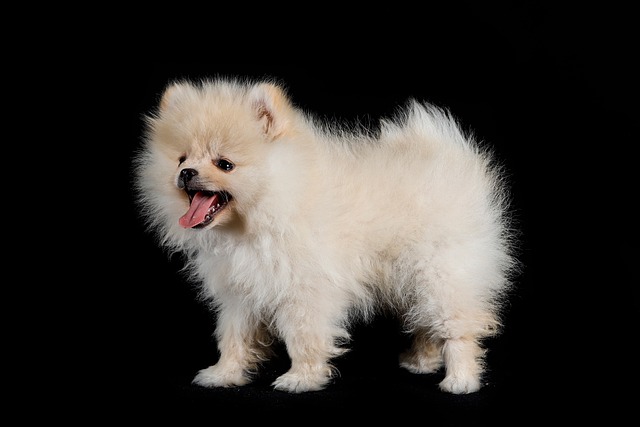 Anal glands might be awkward to talk about, but they’re key. These small sacs release a smelly fluid when dogs poop, but full or infected glands create a strong, fishy odor. If your dog scoots or licks their bottom a lot, a vet or groomer can safely empty them.
Anal glands might be awkward to talk about, but they’re key. These small sacs release a smelly fluid when dogs poop, but full or infected glands create a strong, fishy odor. If your dog scoots or licks their bottom a lot, a vet or groomer can safely empty them.
Diet directly affects odor. Low-quality food with fillers causes stinky gas and dull coats. Opt for high-protein, balanced diets suited to your dog’s age and activity level—your nose (and their energy!) will thank you.
Breed plays a role too. Wrinkly breeds like Bulldogs need daily fold cleaning to avoid moisture trapped infections, while double-coated Huskies absorb smells in thick fur. Tailor grooming to their unique needs for easier odor control.
Lifestyle habits add up. Outdoor adventures mean mud, grass, and… questionable roll-in spots. Regular baths (every 4-6 weeks, unless dirty) help, but overwashing dries skin. Focus on drying hard-to-reach areas like armpits and paws to prevent damp, musty smells.
Lastly, sudden or strong odors might signal health issues. Allergies, infections, or hormonal imbalances can cause persistent stink. If routine care doesn’t help, a vet visit rules out medical problems and keeps your pup feeling—and smelling—their best.
Managing odor is about balance: regular grooming, good dental care, a quality diet, and watching for health changes.

As a dog owner, it’s heartbreaking to see your furry friend sniffling and sneezing through a cold. But once they’re on the mend, you might wonder:
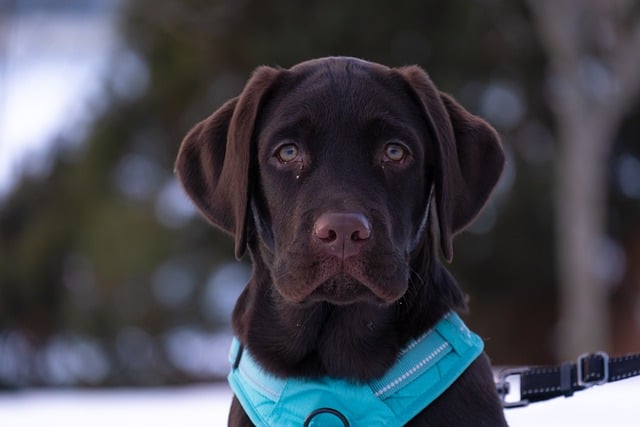
Watching your Labrador bound across the park is a thrill,but what if you notice their ribs showing a bit too much or they tire quickly on hikes?Building muscle isn't just about looks—it's crucial for your dog's joint health,stamina,and overall well-being.
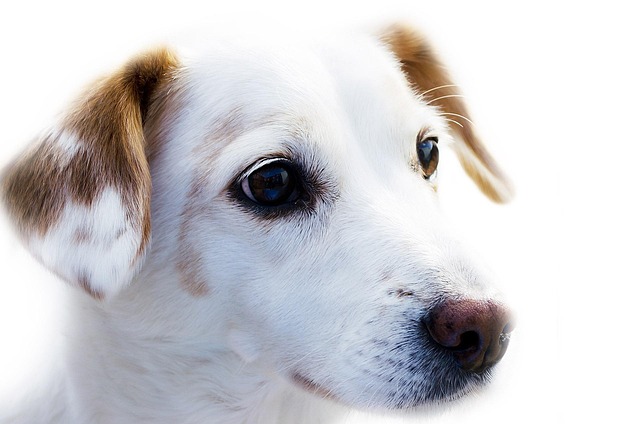
Picture this: Your golden retriever, Max, just came back from a rainy walk in Central Park. He’s sneezing, his nose is runny, and he’s curled up shivering on his bed.
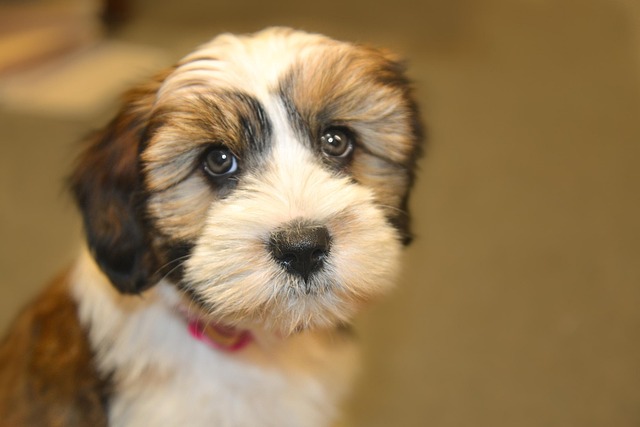
So you're scrambling some eggs for breakfast and those big, hopeful eyes are locked onto your plate. It happens to every dog owner sooner or later.
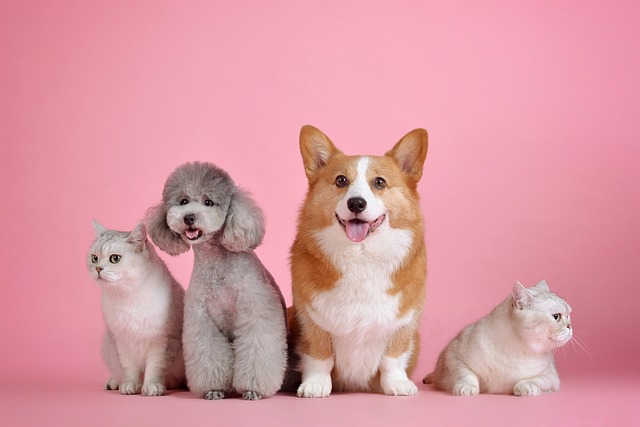
We’ve all buried our noses in that stinky fur after a rainy walk or noticed an unpleasant smell lingering near your dog’s bed.
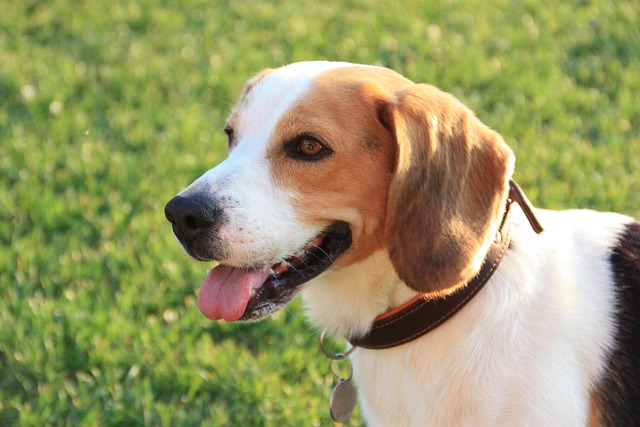
When it comes to Pomeranians and their eating habits, their tiny stature doesn’t mean they lack strong opinions about food.